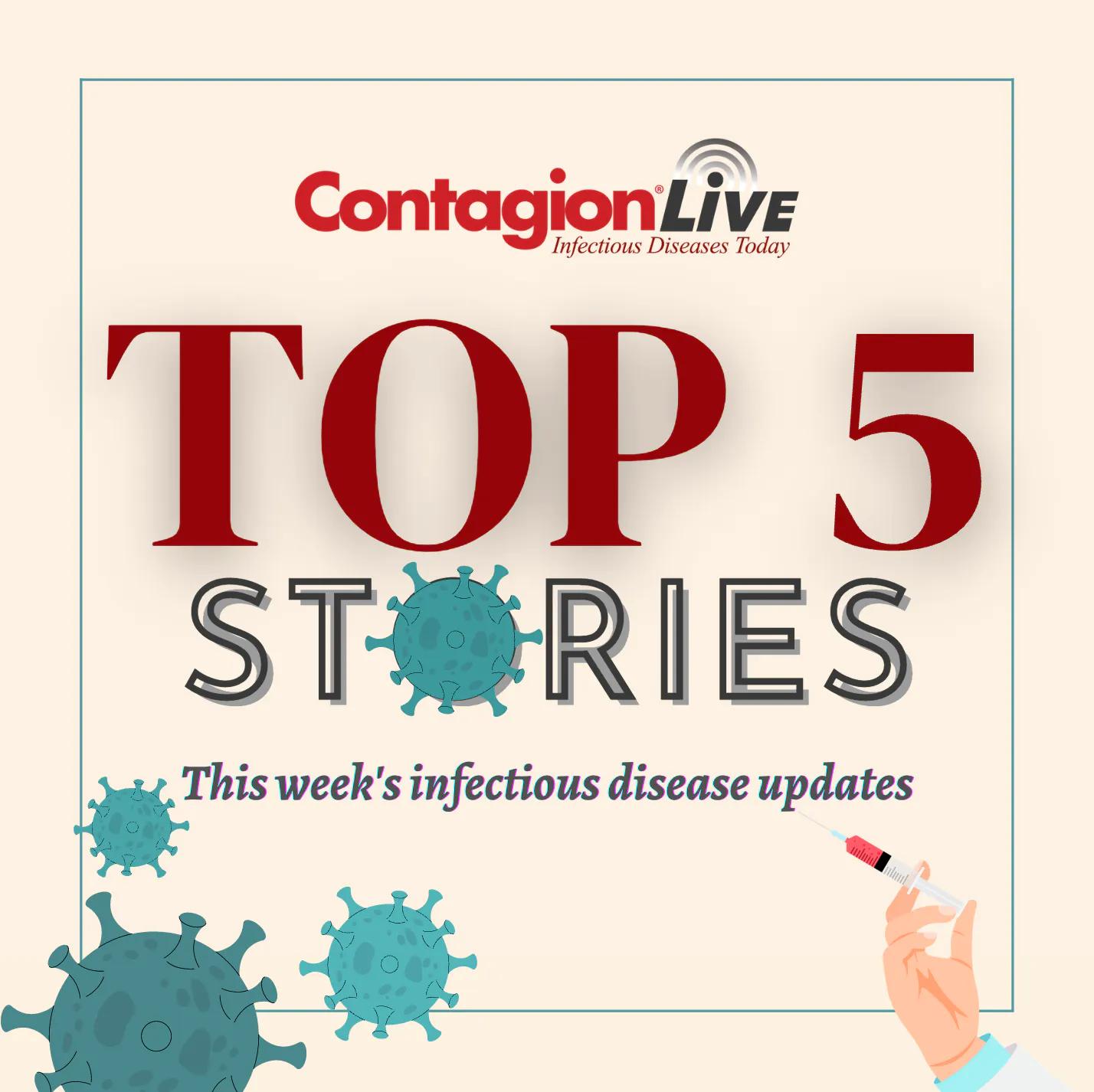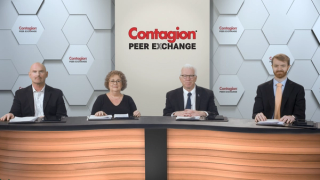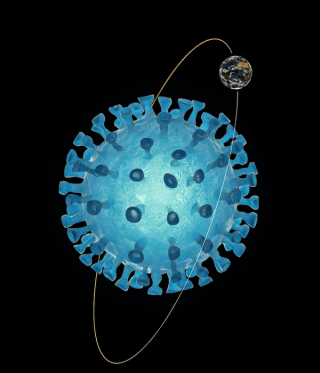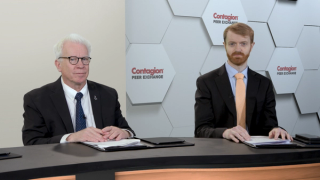
C. Difficile
Latest News

Latest Videos

CME Content
More News

Learn more about an investigational antibiotic; a new series on the RSV pipeline and recently approved products; a review of an older antibiotic for a specific STI treatment; and a patient advocate's experience with C diff.

A new study found a higher risk of CDI associated with clindamycin and lower risk associated with doxycycline and minocycline, also highlighting variation in CDI risk within and between classes of antibiotics.

This is part of an occasional series with members of the Peggy Lillis Foundation. Here is an opportunity to hear about people’s experiences, lessons learned, and the new treatments that can lead to hope and not the hopelessness people have been living with during their ordeals.

This is the first in an occasional series with members of the Peggy Lillis Foundation. Here is an opportunity to hear about people’s experiences, lessons learned, and the new treatments that can lead to hope and not the hopelessness people have been living with during their ordeals.

In this week's biggest stories, masks are seeing a small resurgence; expanding HCV screening for all persons with HIV; Pfizer's maternal vaccine gets FDA approved; and how a risk-based screening for multidrug-resistant gut microbes could improve accuracy and timeliness of empiric antibiotic treatment

This week: the FDA accepts NDA for investigational antibiotic; mRNA COVID-19 vaccines update protections; counseling families on nirsevimab; and how antibiotic actions on gut microbes of patients might affect the microbiome of housemates.
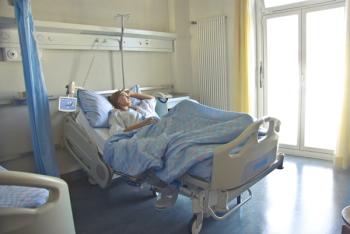
Reconciling that C difficile infection is classified as hospital-onset based only on laboratory identification, while diagnoses is made from multiple factors.

Recently published data of bezlotoxumab dosing and safety in children with C diff was basis for expanding approval from just adults to as young as 1 years old.

EXPAND Cdiff international group of infectious disease specialists propose changing criteria for initial and sustained response to antibiotic treatment.

The study was designed to help scientists better understand how to prevent in-hospital transmission of C difficile.

The first FDA-approved fecal microbiota product maintained a positive safety profile in the largest safety evaluation to date with up to 2 years of safety data.

Coverage this week included how COVID-19 vaccines in patients with cancer fared; analysis of non-COVID-19 adult vaccines; a company is developing a platform to enable engineering of the first recombinant human polyclonal antibody therapies with the goal of creating a functional cure for hepatitis b; and how a hospital modified testing for C difficile.
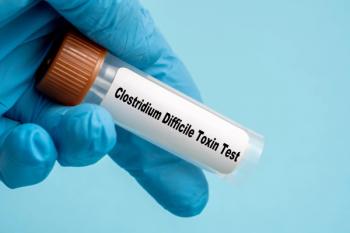
This study explores the effectiveness of PCR and toxin EIA testing in predicting C difficile infection (CDI) outcomes. The research reveals that patients with negative toxin results were less likely to experience CDI recurrence within 30 days.

Rebyota, the first FDA-approved microbiota-based live biotherapeutic for preventing recurrent Clostridioides difficile infection (rCDI), has been the subject of a groundbreaking safety analysis.

Hospital posits that testing for C diff in patients without symptoms inflates rate of hospital-acquired infection with cases of asymptomatic colonization.

A new study looks at vitamin D’s role in acting as a deterrent to the proliferation of C diff bacteria.
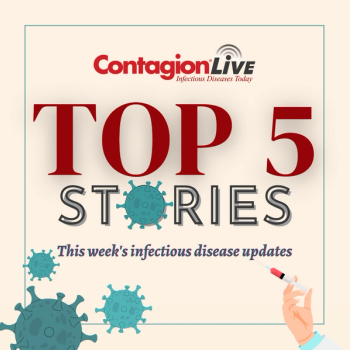
Which COVID-19 vaccine is associated with Guillain-Barré Syndrome? What's the newest C difficile therapy? Contagion's weekly infectious disease recap has you covered.

Lumen Bioscience's C diff therapy, LMN-201, combines four therapeutic proteins that act synergistically to neutralize both the C difficile bacterium and the toxin that causes its virulence directly in the patient’s gastrointestinal tract.

Here is a brief report of 5 cases of the use of fecal microbiota, live-jslm (Rebyota) in the management of recurrent Clostridioides difficile infection.

The Peggy Lillis Foundation (PLF) for C diff Education & Advocacy has been busy this year in Washington DC with an FDA event and their Summit and Advocacy Day with lawmakers.

Inhibiting production of para-cresol could be effective against Clostridioides difficile infection by reducing the pathogen’s ability to compete with other bacteria in the gut microbiome, a new study found.
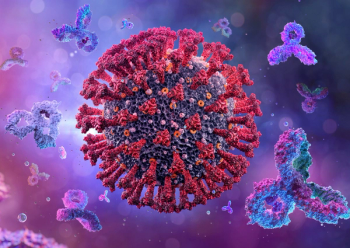
In a comprehensive economic evaluation, researchers assessed the cost-effectiveness of monoclonal antibodies as a preventive strategy for COVID-19.

Stay informed about the long-term effects of COVID-19, prevention strategies for recurrent C diff, and the emerging threat of drug-resistant Candida auris.

FMT is a promising intervention for immunocompetent patients with recurrent C difficile infection. However, the safety of FMT remains inconclusive due to limited data on serious adverse events and mortality.
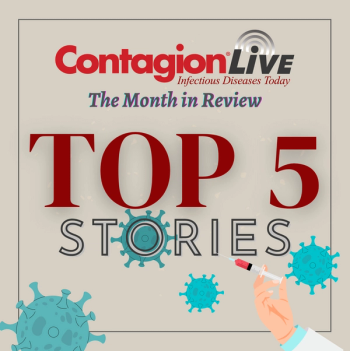
From FDA recalls to a new COVID-19 variant, infectious disease news did not slow down in June. Catch up with Contagion's monthly recap of our most-clicked articles.




